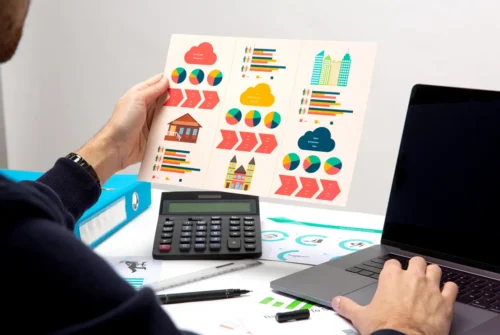
Healthcare workers might benefit greatly from having the Advanced Cardiovascular Life Support (ACLS) certification, especially if they work in emergency and critical care environments. Those who have earned their ACLS certification are better prepared to handle cardiovascular emergencies such as acute coronary syndromes, strokes, and cardiac arrest. In this article, we’ll explore the steps to obtaining ACLS certification, including enrolling in ACLS classes and preparing for the certification exam.
Understanding ACLS Certification
ACLS certification is typically offered by organizations such as the American Heart Association (AHA) and the American Red Cross. The certification course covers advanced life support algorithms, including the recognition and treatment of cardiac arrhythmias, airway management, and pharmacology. Healthcare professionals who may benefit from ACLS certification include physicians, nurses, paramedics, and other emergency medical personnel.
Enrolling in ACLS Classes
The first step in obtaining ACLS certification is to enroll in ACLS classes. These classes are typically offered by hospitals, medical schools, and organizations that specialize in healthcare education. ACLS classes are taught by certified instructors who guide students through hands-on training scenarios and provide instruction on the latest ACLS guidelines and protocols.
When selecting ACLS classes, consider factors such as class size, instructor qualifications, and the availability of hands-on training equipment. Look for classes that offer interactive learning experiences and opportunities for skills practice and reinforcement.
Course Curriculum
ACLS classes cover a wide range of topics related to advanced cardiovascular life support. Some of the key components of the ACLS course curriculum include:
- Basic life support (BLS) principles: Participants will review basic CPR techniques, including chest compressions, rescue breathing, and the use of automated external defibrillators (AEDs).
- Advanced airway management: Participants will learn advanced airway management techniques, including endotracheal intubation, supraglottic airway insertion, and cricothyroidotomy.
- Cardiac rhythm interpretation: Participants will become proficient in interpreting cardiac rhythms and identifying life-threatening arrhythmias such as ventricular fibrillation, pulseless ventricular tachycardia, and asystole.
- ACLS algorithms: Participants will learn and practice the latest ACLS algorithms, including the cardiac arrest algorithm, bradycardia algorithm, tachycardia algorithm, and post-cardiac arrest care algorithm.
- Pharmacology: Participants will become familiar with common medications used in ACLS, including antiarrhythmics, vasopressors, and thrombolytics.
Preparing for the Certification Exam
After completing ACLS classes, participants will need to pass a certification exam to obtain ACLS certification. The exam typically consists of multiple-choice questions and hands-on skills assessments. To prepare for the exam, participants should review the ACLS course materials, practice skills learned during the classes, and take advantage of study resources such as practice exams and review guides.
Renewing ACLS Certification
ACLS certification is typically valid for two years, after which it must be renewed to remain current. Renewal involves completing a refresher course and passing a recertification exam. Many organizations offer online ACLS renewal courses for convenience, allowing healthcare professionals to renew their certification without attending in-person classes.
Conclusion
ACLS certification is an essential credential for healthcare professionals involved in emergency and critical care. By enrolling in ACLS classes, mastering the course curriculum, and passing the certification exam, individuals can obtain the skills and knowledge needed to effectively respond to cardiovascular emergencies and save lives. Whether you’re a seasoned healthcare provider or a new graduate, ACLS certification is a valuable investment in your career and patient care capabilities.





